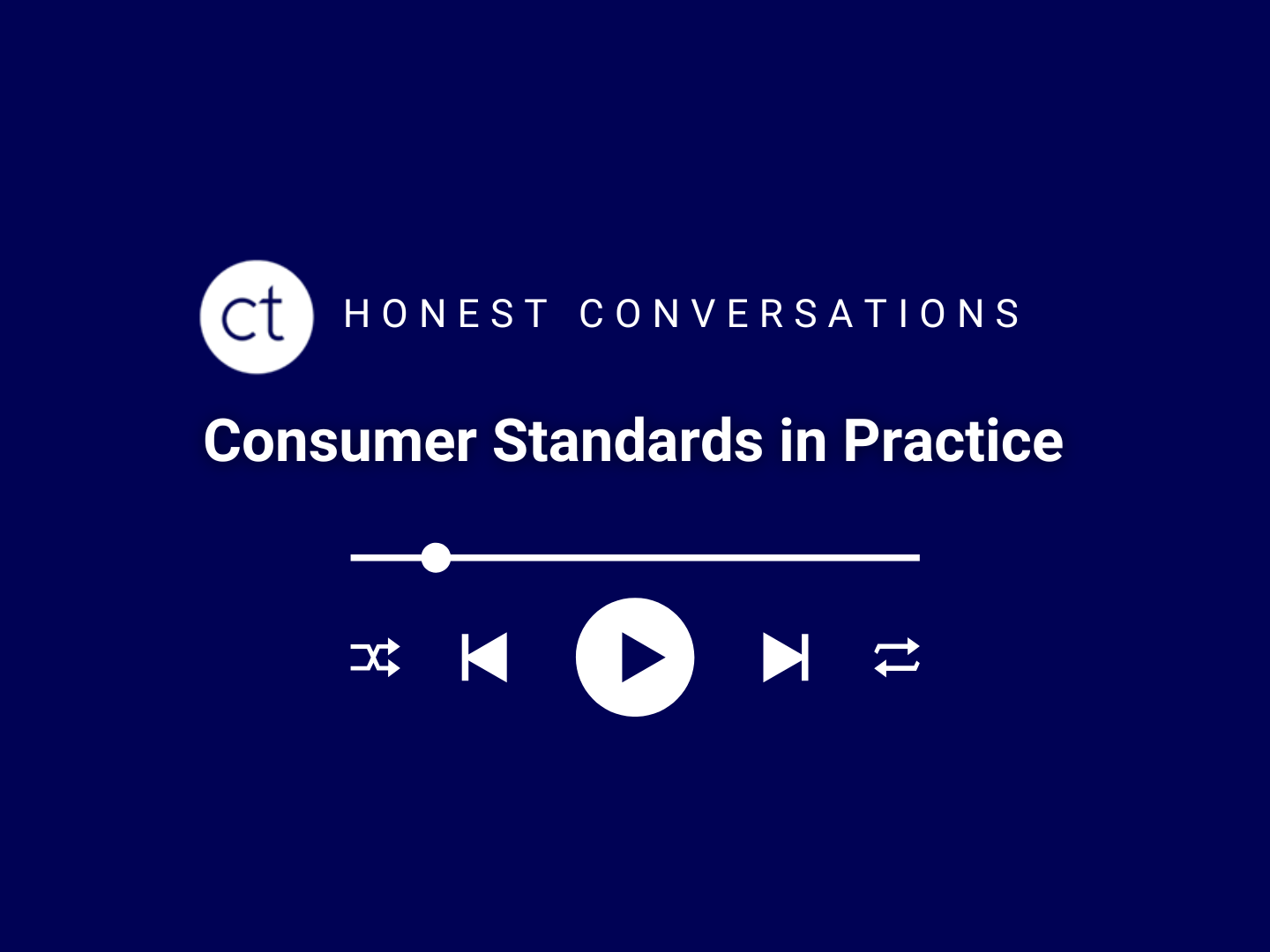Read the latest insights from Campbell Tickell’s governance, strategy and regulation experts on current policy and real-world practice. Here, CT’s Ceri Victory-Rowe outlines what’s inside our booklet.
Across the UK, it has been a tough year for social landlords. We don’t need to rehearse here the many factors which have combined to create headwinds: they are deeply engrained in the minds of board members and executive leaders across the sector. But throughout the UK, we continue to see our clients determinedly finding ways to rise to the many challenges circumstances present, working with passion and dedication to continue to provide much needed social housing and transform the quality of the lives of the people who live in it. The articles and notes provided in this booklet share some of Campbell Tickell’s thinking about what will best equip organisations to continue to fare well.
Social housing regulation
As we go into 2024, we face the advent of a new style of social housing regulation in England which will place considerably more attention on the quality of homes and services. Registered providers will be expected to be able to demonstrate to the Regulator of Social Housing (RSH) that they meet the consumer standards, and for the first time the RSH will actively seek assurance from local authorities, as well as housing associations and for-profit providers, about regulatory compliance. In ‘Consumer regulation inspection pilots – reflections and lessons for the sector’ (page 4), Catherine Little, Jon Slade and I write about what local authorities and housing associations learned from a trial run with the RSH earlier this year.
Good Governance
Within the English regulatory regime and across the UK, attention will of course continue to be given to governance, in recognition of the fact that the buck ultimately stops with the board of any organisation. Turn to ‘Building resilience in regulation and governance’ (page 8) to find Greg Campbell and James Tickell’s 10 top tips for negotiating present challenges while staying on the right side of regulation, while on page 19, Doug Wynne maps out how to respond should you find yourself on the receiving end of a governance downgrade.
Of course, one of the most sobering governance responsibilities for social housing boards is to ensure that tenants are kept safe. In ‘“It couldn’t happen here…” (or could it?)‘, James Tickell describes the social housing health and safety briefing that we have written for board members, which promotes the concept of chronic unease: a deliberately unsettling way of thinking which promotes vigilance and the resistance of complacency on the basis that prevention is always better than cure. Turn to page 16 to find out more.
Campbell Tickell’s commitment to helping our clients embed good governance and navigate regulatory challenges so that they can deliver their social purpose is coded into our organisational DNA. We’re very proud to have gained formal recognition of this when we became a Certified B Corporation in August. Greg Campbell explains what this means on page 13.
I hope you’ll enjoy reading these articles as much as I have. I’d be delighted to discuss any aspect of what you’ve read and the work we do with organisations like yours – do get in touch.
Download and read the full booklet



